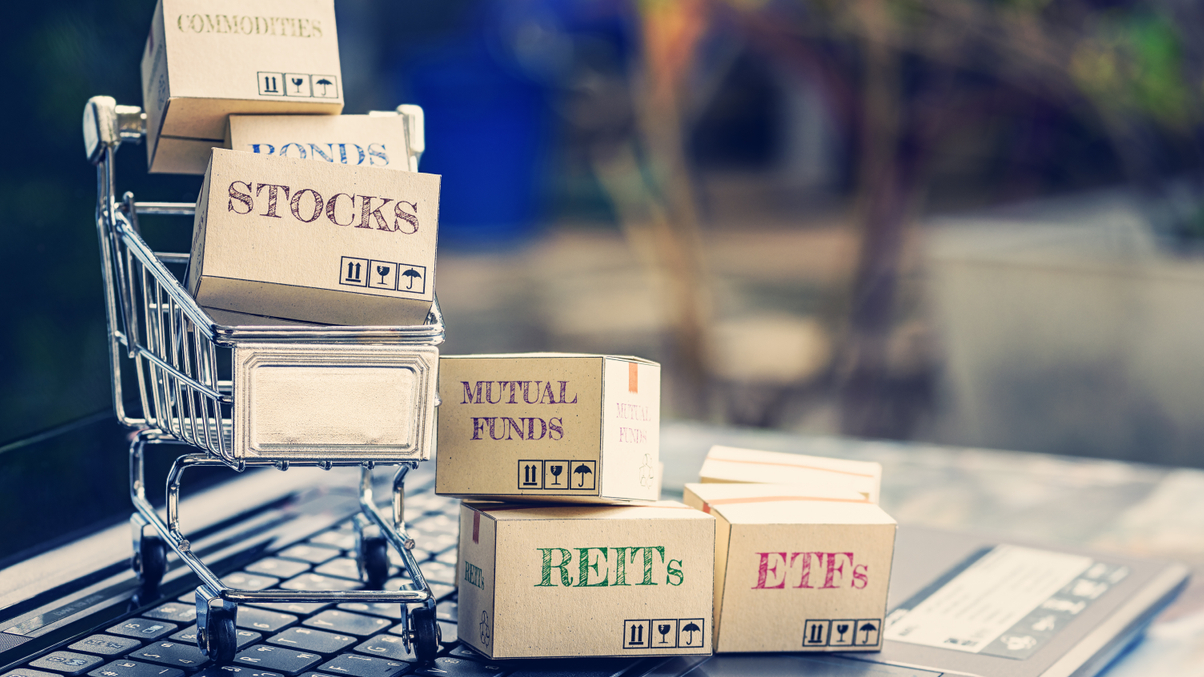Japan corporate pensions revamping allocations
Japanese defined-benefit schemes are showing a growing hunger for global and alternative investments, a JP Morgan Asset Management poll shows.

Japanese pension funds are changing their asset allocation frameworks as they cast a wider net in search of better returns, a survey showed on Monday.
Sign in to read on!
Registered users get 2 free articles in 30 days.
Subscribers have full unlimited access to AsianInvestor
Not signed up? New users get 2 free articles per month, plus a 7-day unlimited free trial.
¬ Haymarket Media Limited. All rights reserved.


